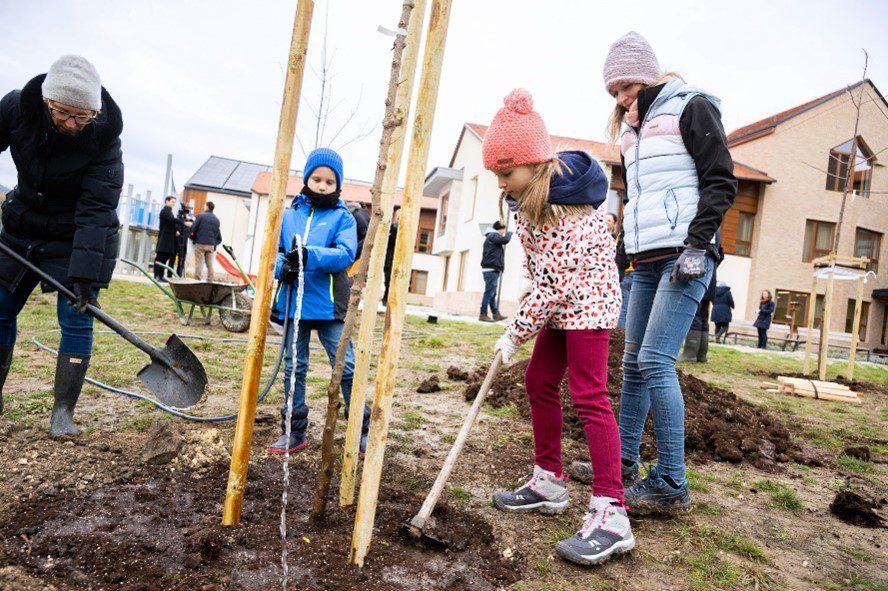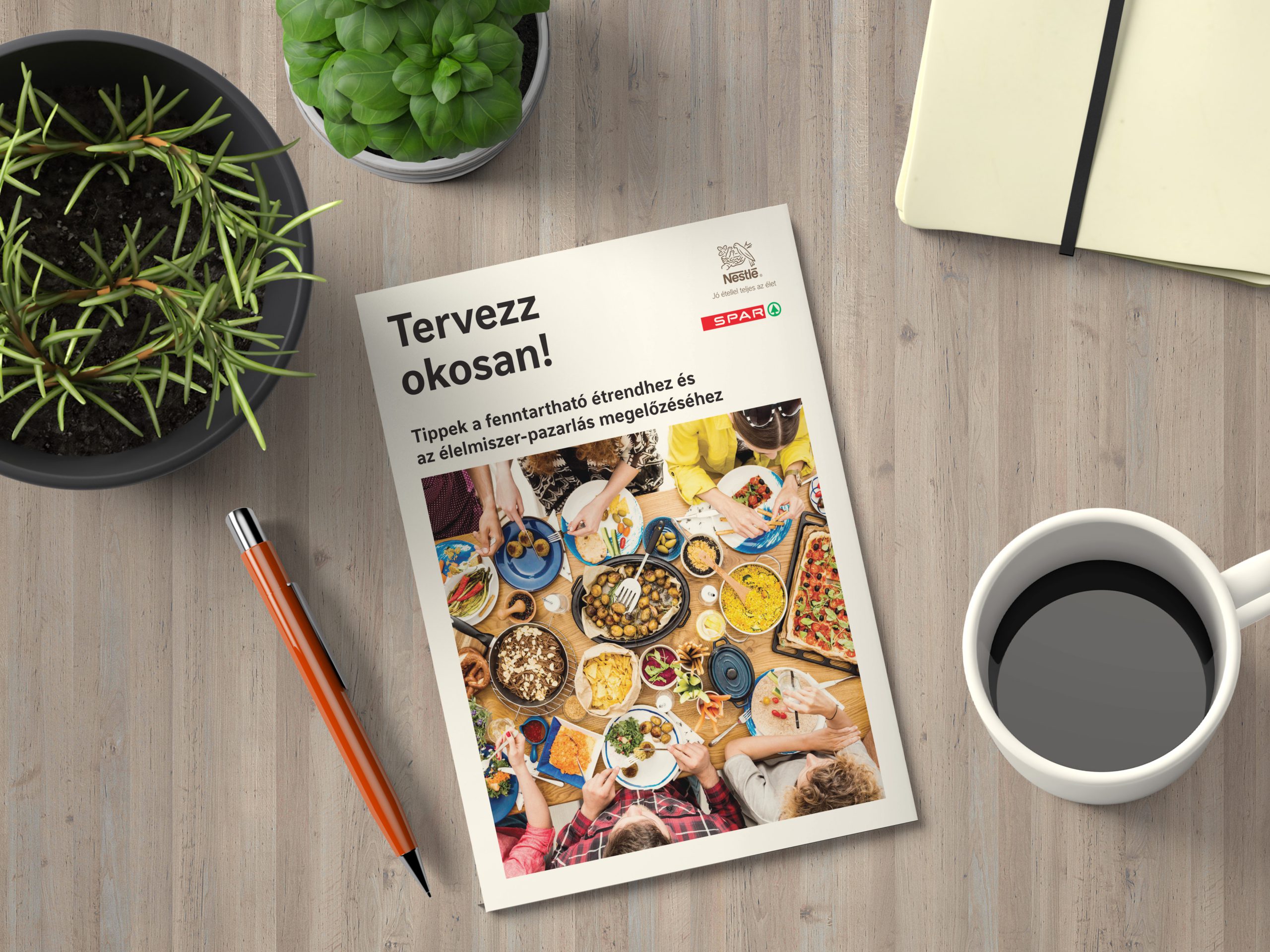As we all know, the world we live in is facing a number of challenges, from climate change to dwindling natural resources. These challenges are complex and multifaceted, and we cannot solve them overnight. But there is one thing that we can do to make a difference, and that is to recognize that people are key to sustainability.
When we think about sustainability, we often focus on technologies and policies – renewable energy, carbon pricing, recycling programs, and the like. These are all important tools, and we need to continue to innovate and develop them. At Graphisoft Park, we believe and experience that it is up to people to succeed in building a sustainable future.
One of the key ways in which people are crucial to sustainability is through human connections, communities, and relationships. While technology and green solutions are important, they alone cannot solve the challenges we face. We need to work together, build relationships, and foster connections that promote sustainable practices and behaviors.
When we build strong and resilient communities, we create a culture of sustainability that can endure beyond individual projects or initiatives. We can work together to identify and address the root causes of environmental challenges, whether it’s by addressing social inequalities, creating sustainable jobs, or developing sustainable lifestyles. We can also share knowledge, skills, and resources to support each other in our efforts to live sustainably.
But what does sustainability really mean? For many people, sustainability is simply about reducing our carbon footprint or protecting natural resources. But I would argue that sustainability is about much more than that. It is about creating a world in which everyone can thrive, now and in the future. It is about creating a just, equitable, and sustainable world that recognizes the dignity and worth of every human being.
Sustainability is not just an environmental issue – it is a social issue, an economic issue, and a moral issue. We need to recognize that our actions have consequences, and that we have a responsibility to each other and to future generations. We need to think beyond our own narrow self-interests and recognize that we are part of a larger web of life, a community of human beings and other living beings that share this planet.
So, what can we do to promote sustainability in our own lives and in our communities? Here are a few suggestions:
First, we can reduce our own carbon footprint by making conscious choices about what we consume and how we consume it. We can switch to renewable energy, reduce our use of single-use plastics, we can introduce good recycling practices, eat less meat, and use public transportation or bicycles instead of cars.
Second, we can advocate for change at the local, national, and international levels. We can support policies that promote sustainability. We can also speak out against practices that harm the environment, such as deforestation or oil drilling in sensitive areas.
Third, we can build relationships and communities that promote sustainability. We can connect with others who share our values and work together to create sustainable solutions. We can also educate and inspire others to join us in our efforts to build a more just and sustainable world.
At Graphisoft Park, we organise a lot of community-building activities to build human relationships. We know about each other, we collaborate, we connect. The 5,000 or so people who work here are part of a cohesive community that is also a community of values. Together we are shaping a sustainable future.

















